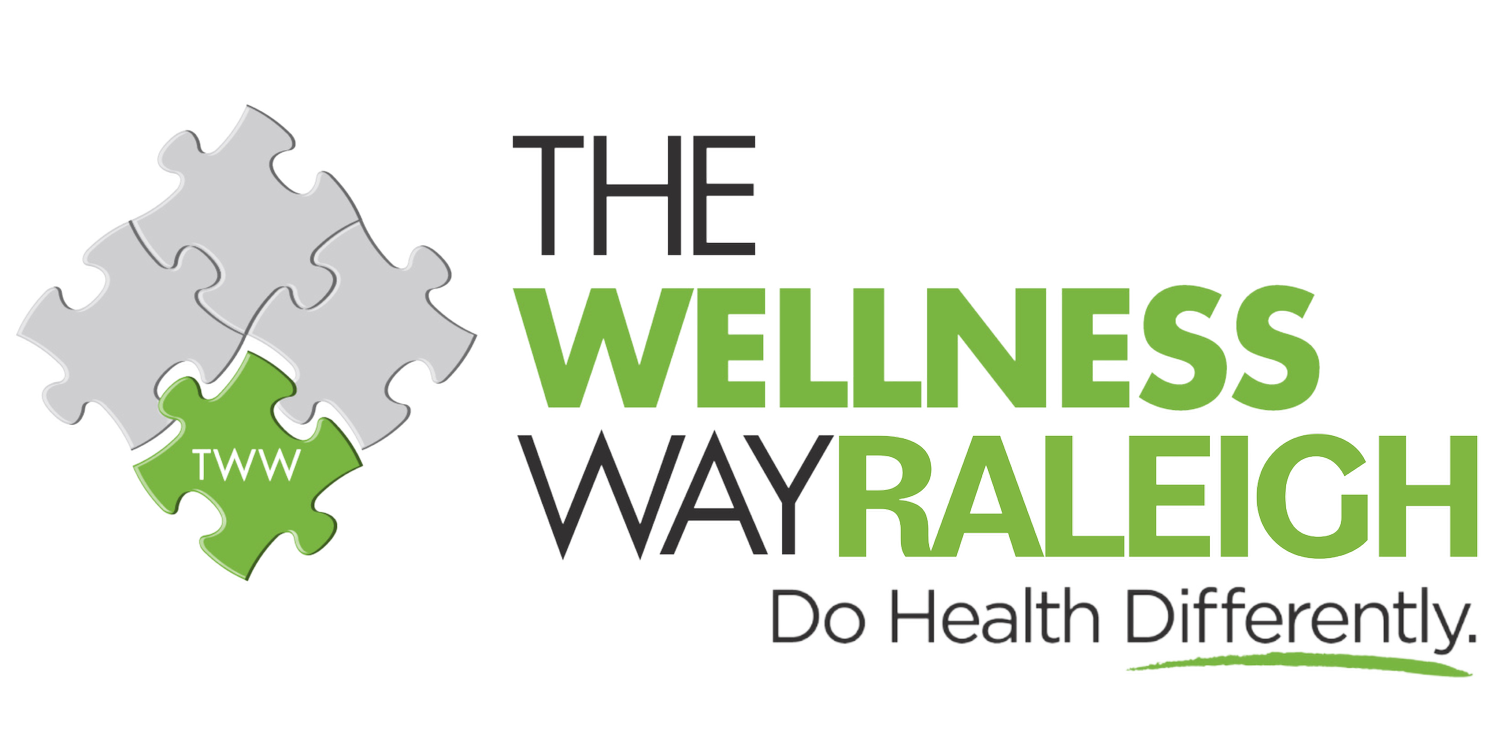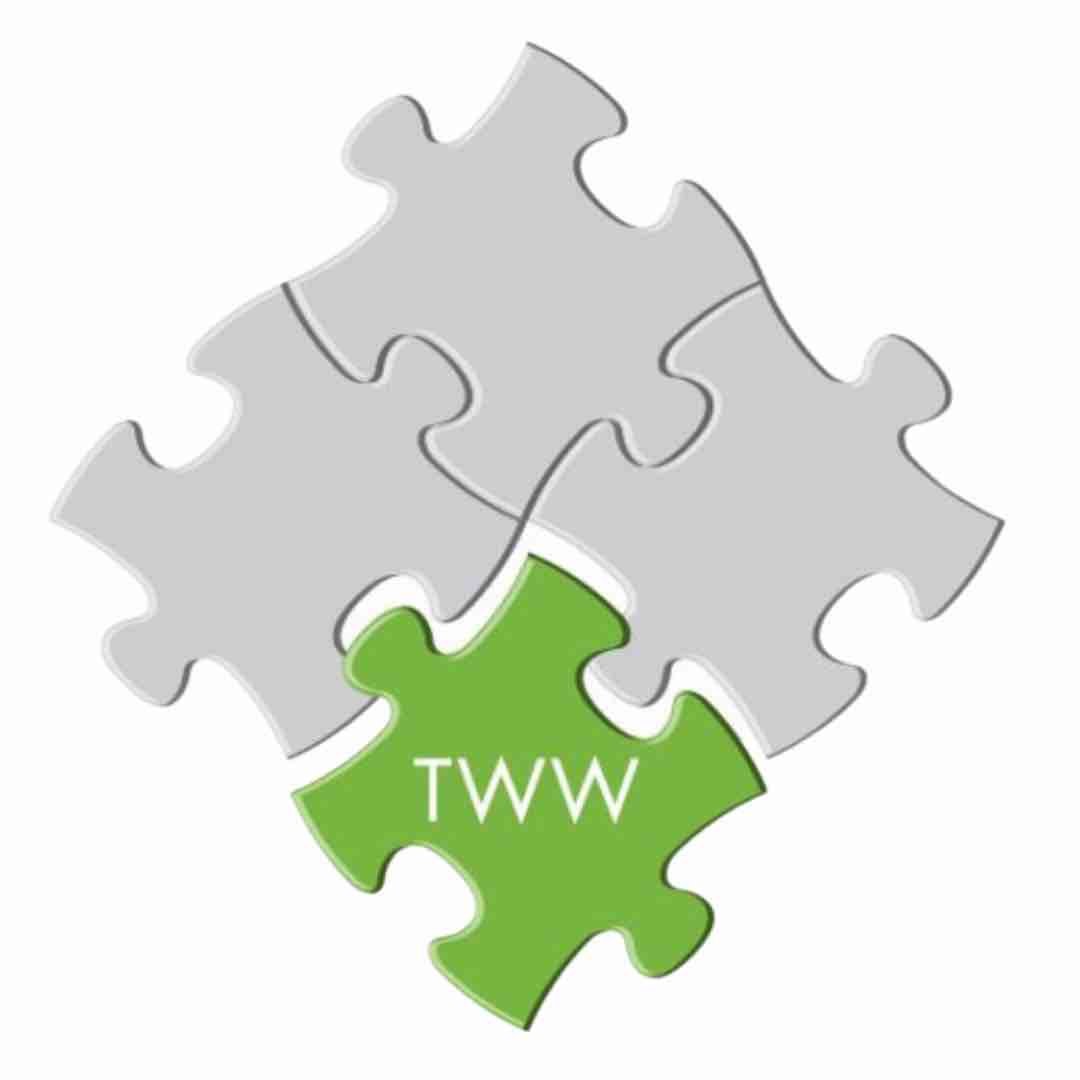Signs of Potassium Deficiency
😬Only 2% of American adults get the daily recommendation of potassium.
Many people are not aware of the significance of potassium in the human body, which could be contributing to the high deficiency rate.
Potassium is crucial for various biological processes and is the third most abundant mineral in the human body. It is an important electrolyte that helps with electrical processes such as nerve function, muscle contractions and fluid balance. Every cell in your body, including brain and muscle cells, has a sodium potassium exchange pump that exchanges different electrolytes to create electrical activity. Sodium and potassium move in and out of the cells, giving us energy and helping with brain activity.
Potassium has been shown to help stimulate neural activity, stabilize blood sugar, reduce muscle disorders, prevent cramps, enhance bone health, regulate neural function, stabilize blood pressure, strengthen muscles, boost metabolism, reduce anxiety and stress, improve heart health, and maintain water balance.
The daily recommended amount of potassium for an adult is 4,700 mg. However, only one in ten Americans get the recommended amount of fruits and vegetables, let alone ones with enough potassium. Your body doesn't store potassium, so you need to eat potassium-rich foods every day to get enough. Some of the best potassium-rich foods are beet greens, white beans, avocado, Swiss chard, salmon, and coconut water. However, it can be difficult to get enough potassium from food alone, and a good supplement may be necessary.
❤️🩹Potassium deficiency can cause several signs and symptoms, including weakness and fatigue, digestive problems, heart palpitations, tingling and numbness, mood changes, brain fog, slow thought, and muscle cramps, aches/spasms, being able to hear heartbeat in pillow, and restless legs.
🙏To improve your potassium levels, it is recommended that you avoid sugar, reduce stress, and eat potassium-rich foods. Getting enough potassium is vital for your overall health, and it's worth taking steps to ensure you're meeting your daily requirements.

